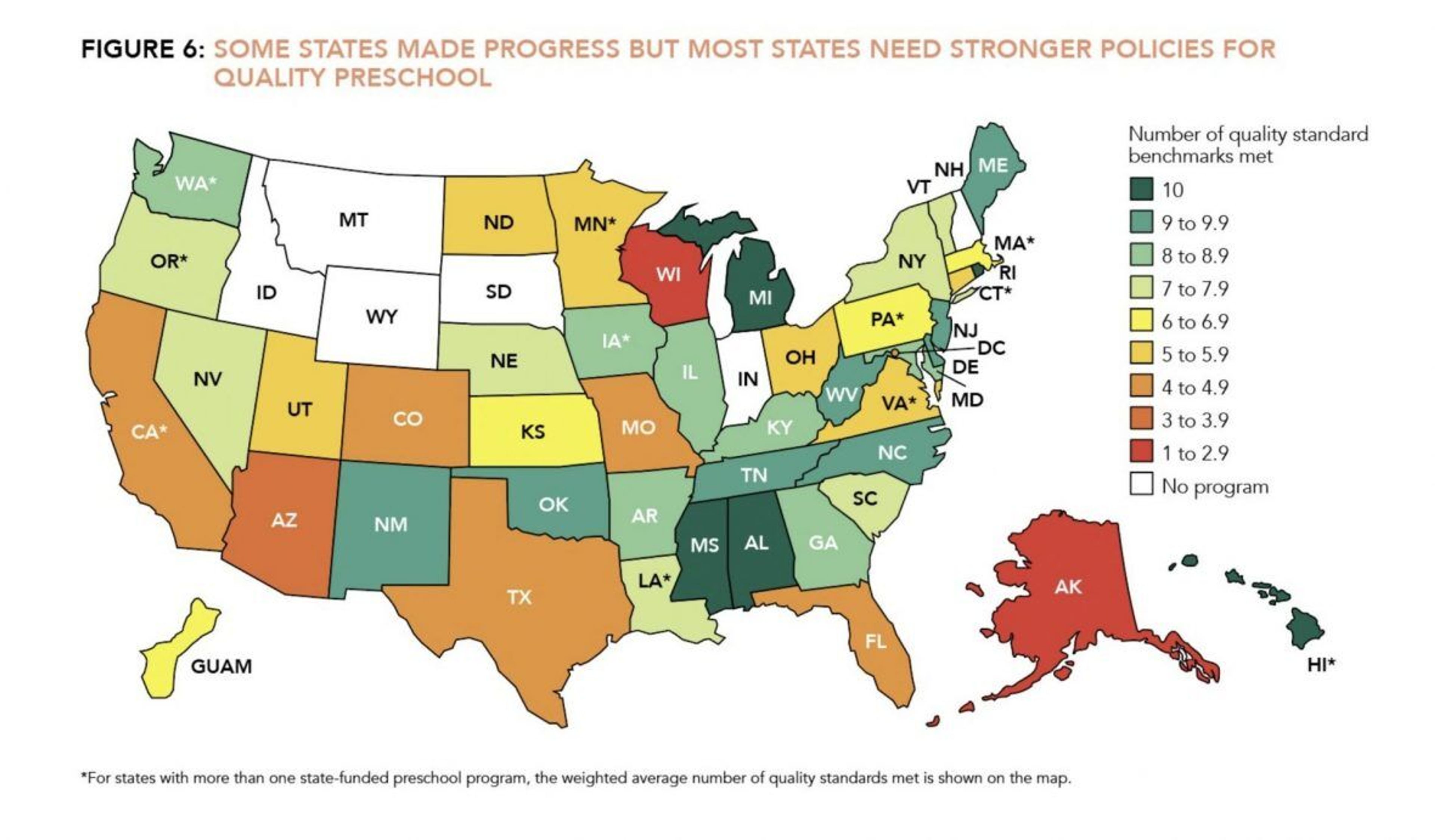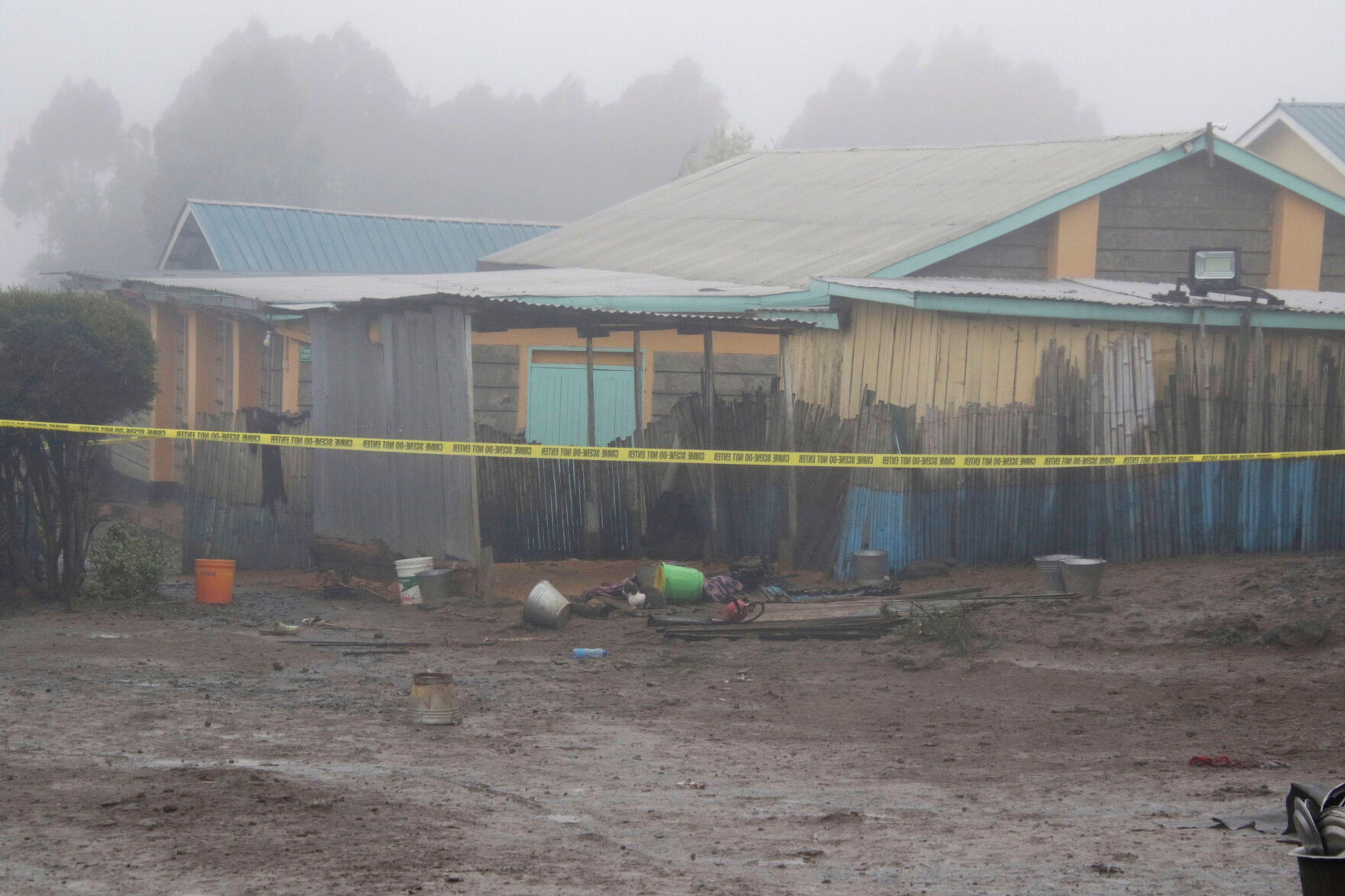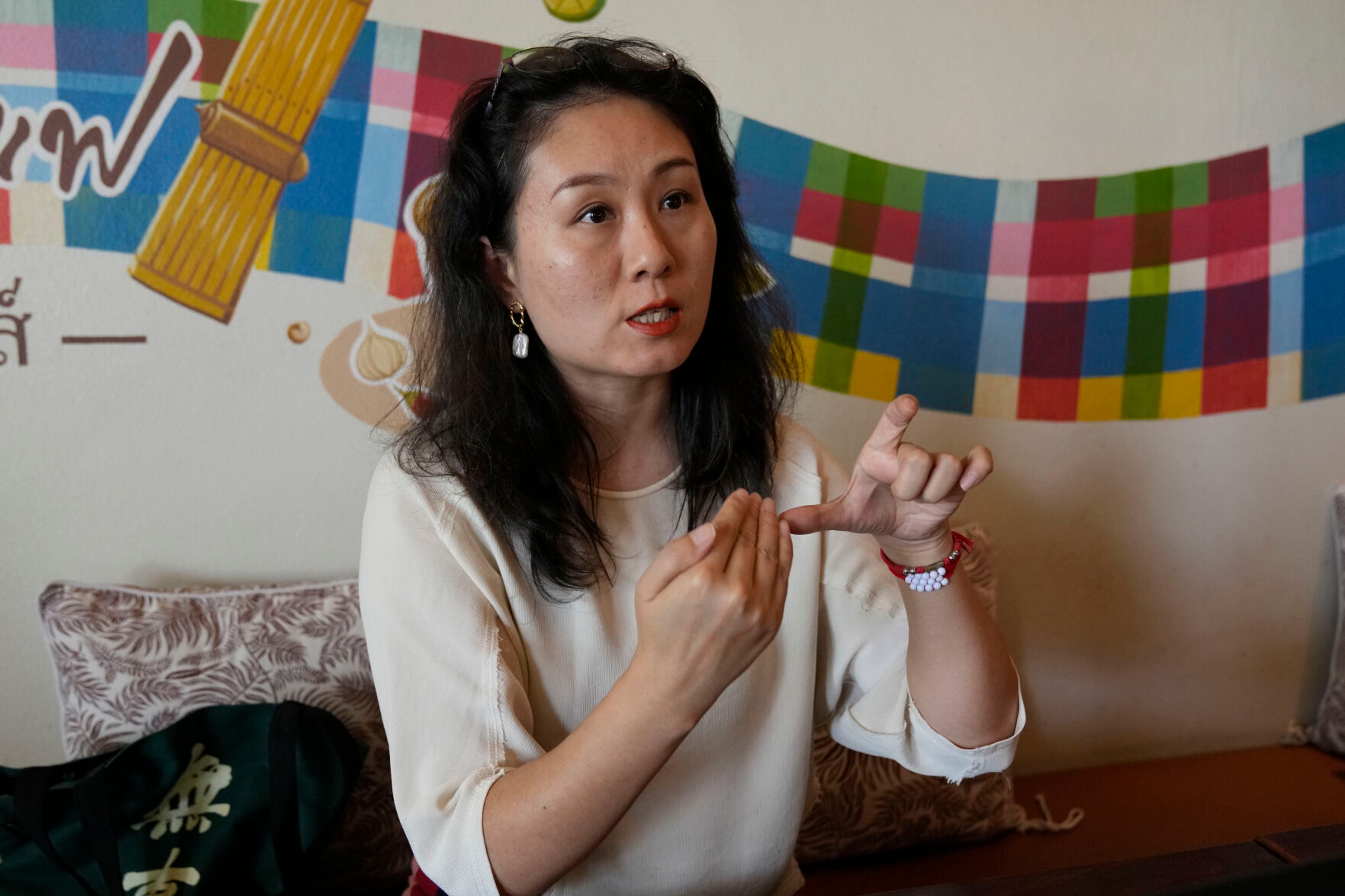OPINION: Cash-flush Idaho can afford all-day kindergarten
Guest Editorial: Another Newspaper’s Opinion
This editorial was published by the Post Register of Idaho Falls.
———
When Idaho is projecting to end the fiscal year on June 30 with a budget surplus of about $1.6 billion, one would think it would be a good time for state legislators to invest more in education.
Senate Bill 1315 would be a nice start.
The bill — introduced on Feb. 14 and referred to the Education Committee on Feb. 15 — would provide funding for optional full-day kindergarten and revise provisions regarding certain support units and funding distributions. The price tag would be $43 million.
Compared to a $1.6 billion surplus, that’s a drop in the bucket.
A key part of the bill says that full-day kindergarten programs must include a parent engagement component and curriculum that incorporates current research-based strategies for full-day or all-day kindergarten programs.
“At a minimum, parent engagement must include but is not limited to parent or guardian training on how to support student learning at home through home learning activities and parent engagement practices established by a local education agency’s local governing board,” the bill states. “Parent engagement strategies may include school-based strategies or home-based strategies. Participation in any strategy is at the discretion of the parent or guardian.”
The state only funds half-day kindergarten now, and schools that offer full-day classes must pay for it through local levies, student fees, tuition or other means. Sen. Carl Crabtree, R-Grangeville, who co-sponsored the legislation, has expressed concern that this leads to disparities in educational opportunities across the state because of the varying ability districts have to raise funds.
That’s where the Legislature needs to come in, to level the playing field across the state. That’s something that’s been desperately needed for quite a while now. And it needs to begin at the earliest levels of education.
There’s a concept that’s crucial in the education field — “Learning to Read to Read to Learn.” It amounts to this: “learning to read” typically occurs from kindergarten through third grade, working on decoding and memorizing basic words, using phonics. Children progress through this stage until reaching fluency. Then comes “reading to learn,” beginning around the fourth grade, where reading for information and comprehension starts.
Children need to be proficient readers before they can comprehend. There’s a belief that the concept should occur simultaneously and continually all the way through a child’s secondary education, and it should start as soon as a child begins to read, even when they’re read to by a parent as a toddler. That’s where the parent engagement component becomes important.
Full-day kindergarten does much to help children learn these early skills. In a year when there is money to fund education properly, now is a good time to do it.
The word “surplus” rankles some members of the Legislature, including when it comes to education.
“There is going to be a big fight over how to allocate the quote-unquote ‘surplus,’ ” House Minority Leader Ilana Rubel, D-Boise, told the Idaho Capital Sun early this year. “I get frustrated by the use of the word because I think it’s a function of severe and irresponsible underfunding of vital needs. If you haven’t paid your mortgage and haven’t paid your bills, it might look like you have a lot of money in the checking account. But it’s false to characterize it as a surplus because we haven’t been funding our schools, we haven’t been funding our infrastructure and I think those should all be first in line.”
On the positive side, Gov. Brad Little started the legislative year showing a sharp focus on funding education, expecting the Legislature to approve full-day kindergarten. He has said early childhood literacy is one of his top education priorities, and the State Board of Education has already endorsed state-funded all-day kindergarten.
The benefits of such a move would far outweigh the negatives. Sustaining state growth in educating children is vital, and this is where it needs to start. It doesn’t begin any earlier than the kindergarten level, except in the home. And this bill addresses that need as well, making it a win-win.








